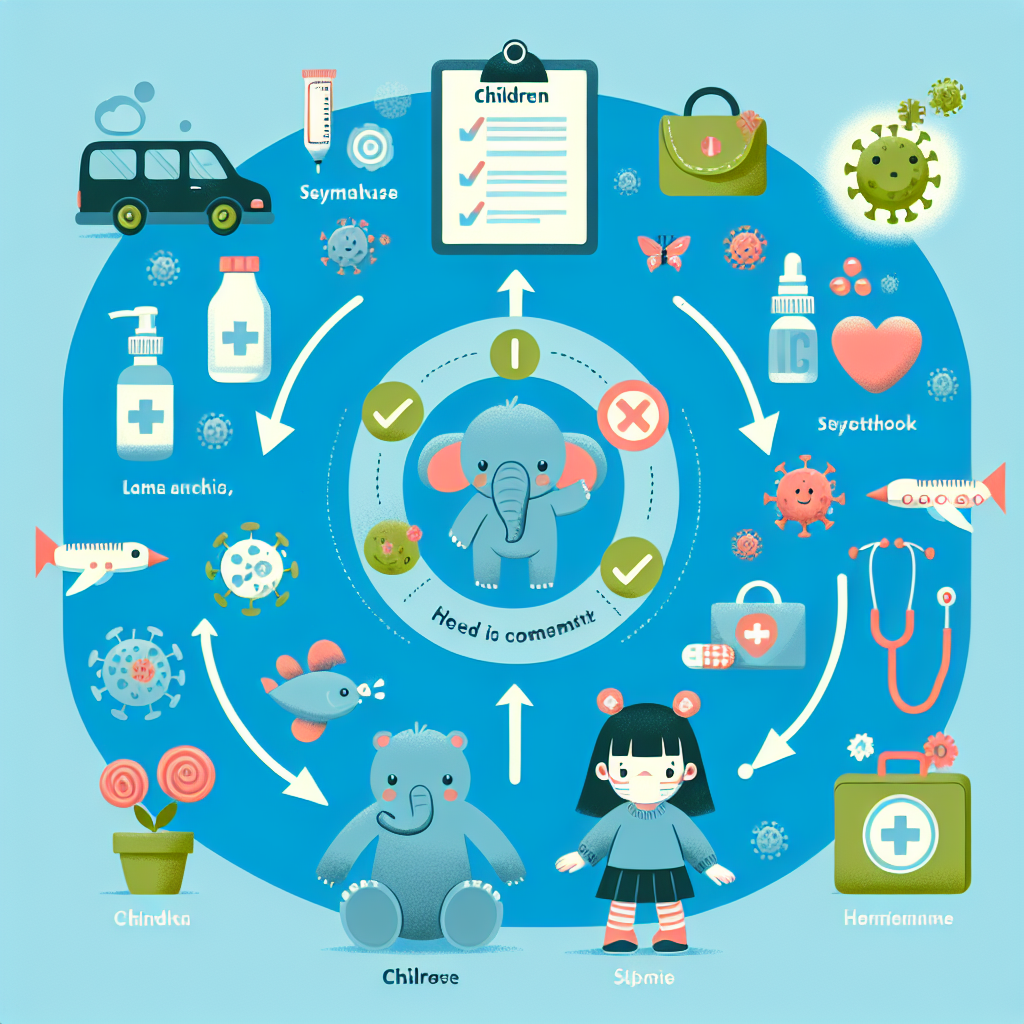Cara mencegah penyakit flu pada anak: vaksinasi, cuci tangan, hindari kontak dengan orang sakit, jaga kebersihan lingkungan.
Cara Mencegah Penyakit Flu pada Anak
-
Table of Contents
- Introduction
- Understanding the Flu
- Symptoms of Flu in Children
- The Importance of Flu Vaccination
- Practicing Good Hygiene
- Boosting Immunity
- Healthy Diet
- Regular Exercise
- Adequate Sleep
- Reducing Stress
- Preventing Flu at School
- Encourage Vaccination
- Promote Hand Hygiene
- Clean and Disinfect
- Implement Respiratory Etiquette
- Conclusion
Introduction

In Indonesia, flu is a common illness that affects people of all ages, including children. It can cause discomfort, missed school days, and even serious complications. As parents, it is important to take preventive measures to protect our children from the flu. In this article, we will discuss effective ways to prevent flu in children and keep them healthy.
Understanding the Flu
The flu, also known as influenza, is a contagious respiratory illness caused by influenza viruses. It spreads through respiratory droplets when an infected person coughs, sneezes, or talks. Children are particularly susceptible to the flu due to their developing immune systems and close contact with others in school or daycare settings.
Symptoms of Flu in Children
Recognizing the symptoms of flu in children is crucial for early detection and treatment. Common flu symptoms in children include:
1. High fever (often above 100.4°F or 38°C)
2. Coughing and sore throat
3. Runny or stuffy nose
4. Headache and body aches
5. Fatigue and weakness
6. Vomiting and diarrhea (more common in younger children)
The Importance of Flu Vaccination
One of the most effective ways to prevent flu in children is through vaccination. The flu vaccine stimulates the immune system to produce antibodies that protect against specific flu viruses. It is recommended for all children aged six months and older, with annual vaccination being necessary due to the changing nature of flu viruses.
Practicing Good Hygiene
Teaching children good hygiene practices is essential in preventing the spread of flu. Encourage your child to:
1. Wash hands frequently with soap and water for at least 20 seconds.
2. Use hand sanitizers when soap and water are not available.
3. Cover their mouth and nose with a tissue or their elbow when coughing or sneezing.
4. Avoid touching their face, especially their eyes, nose, and mouth.
5. Dispose of used tissues properly.
Boosting Immunity
A strong immune system can help protect children from various illnesses, including the flu. Here are some ways to boost your child’s immunity:
Healthy Diet
A balanced diet rich in fruits, vegetables, whole grains, and lean proteins provides essential nutrients that support the immune system. Include foods high in vitamin C, such as oranges, strawberries, and bell peppers, as they can help fight off infections.
Regular Exercise
Physical activity not only keeps children fit but also strengthens their immune system. Encourage your child to engage in age-appropriate exercises, such as biking, swimming, or playing sports, for at least one hour each day.
Adequate Sleep
Sufficient sleep is crucial for a strong immune system. Establish a consistent bedtime routine and ensure your child gets the recommended amount of sleep for their age. Most children require 9-12 hours of sleep per night.
Reducing Stress
Stress can weaken the immune system, making children more susceptible to infections. Create a calm and supportive environment for your child, encourage relaxation techniques like deep breathing or yoga, and engage in activities they enjoy.
Preventing Flu at School
Schools and daycare centers can be breeding grounds for flu viruses. Here are some preventive measures to implement:
Encourage Vaccination
Educate parents and staff about the importance of flu vaccination for children. Organize vaccination drives or provide information on nearby healthcare facilities offering flu shots.
Promote Hand Hygiene
Place hand sanitizers in classrooms and common areas, and encourage regular handwashing among students and staff. Teach proper handwashing techniques and provide reminders throughout the day.
Clean and Disinfect
Regularly clean and disinfect frequently touched surfaces, such as doorknobs, desks, and toys. Use appropriate disinfectants and follow the instructions for effective germ elimination.
Implement Respiratory Etiquette
Teach children to cover their mouth and nose with a tissue or their elbow when coughing or sneezing. Provide tissues and disposal bins in classrooms and remind children to wash their hands afterward.
Conclusion
Preventing flu in children requires a multi-faceted approach that includes vaccination, good hygiene practices, boosting immunity, and implementing preventive measures at school. By following these guidelines, parents and educators can significantly reduce the risk of flu transmission and keep children healthy. Remember, prevention is always better than cure when it comes to the flu.







